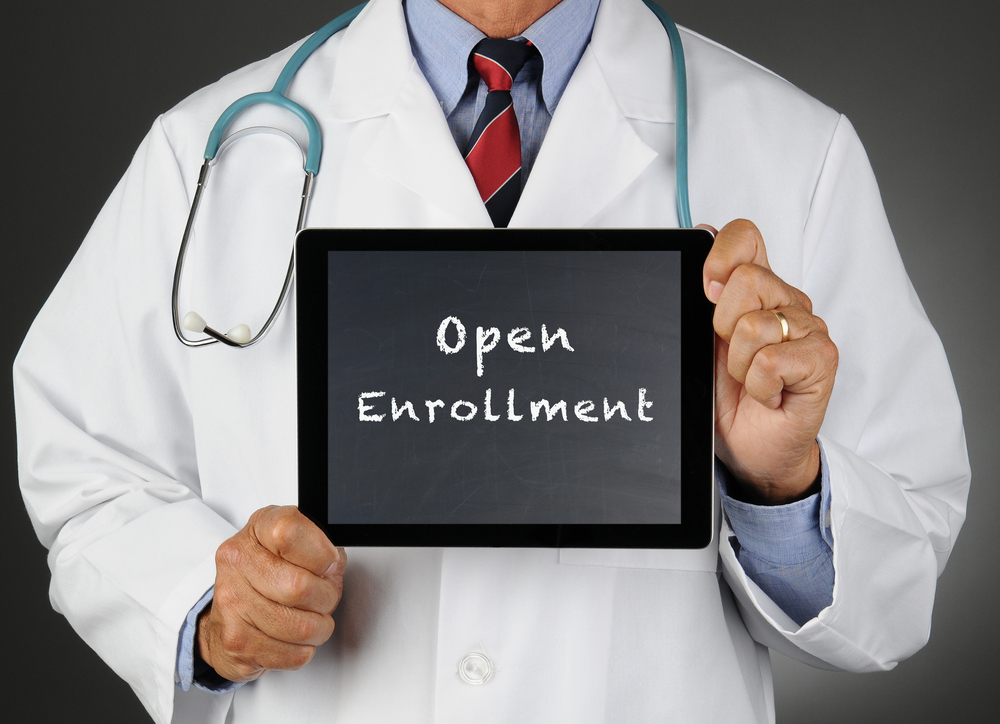Patient Recruitment Begins for Phase 1 Trial of P-BCMA-101 CAR T-Cell Therapy for Multiple Myeloma

A Phase 1 trial sponsored by Poseida Therapeutics for the company’s investigational CAR T-cell therapy for multiple myeloma, P-BCMA-101, is now enrolling participants.
The potential therapy specifically targets a molecule found on the surface of myeloma cells called B-cell maturation antigen (BCMA). Researchers were able to demonstrate that P-BCMA-101 effectively eradicated myeloma in mice. Now, they hope to determine if the immunotherapy can help people with myeloma in a clinical trial setting.
“P-BCMA-101 combines a number of desirable characteristics that make it an exciting and promising immunotherapy for the treatment of relapsed and refractory multiple myeloma,” Eric Ostertag, MD, PhD, Poseida’s CEO, said in a press release.
“Of particular interest, P-BCMA-101 demonstrated a T stem cell memory phenotype, leading to durable responses in animal models, including elimination of relapsing tumors without re-administration of product. We look forward to treating patients who are in dire need of new effective and safe therapies,” he added.
The clinical trial (NCT03288493) will test ascending doses of P-BCMA-101, which uses a patient’s own immune cells, in up to 40 patients with relapsed or refractory myeloma. The main goal of the study is to ascertain the potential therapy’s safety and establish a maximum-tolerated dose.
CAR T-cells are collected from a patient and genetically modified to attack cancerous cells. In this case, the cells target the BCMA molecule. Unlike most other CAR T-cells, Poseida does not use a virus to deliver the new genetic material into the T-cells.
Along with other features of the therapy, the process makes it easier to consistently produce the high numbers of modified T-cells needed for cancer treatment.
Another unique feature is that the majority of CAR T-cells are of a type called stem cell memory T-cell subtype (Tscm), even if the cells originally gathered from a patient hold few such cells. Researchers think that the Tscm cells make treatment responses particularly durable.
“P-BCMA-101 brings together several key technologies now emerging in cancer immunotherapy with the potential to demonstrate best-in-class safety, efficacy, and durability,” said Matthew Spear, Poseida’s chief medical officer.
While the trial mainly focuses on safety, researchers also will study how the treatment impacts disease in the recruited patients.






